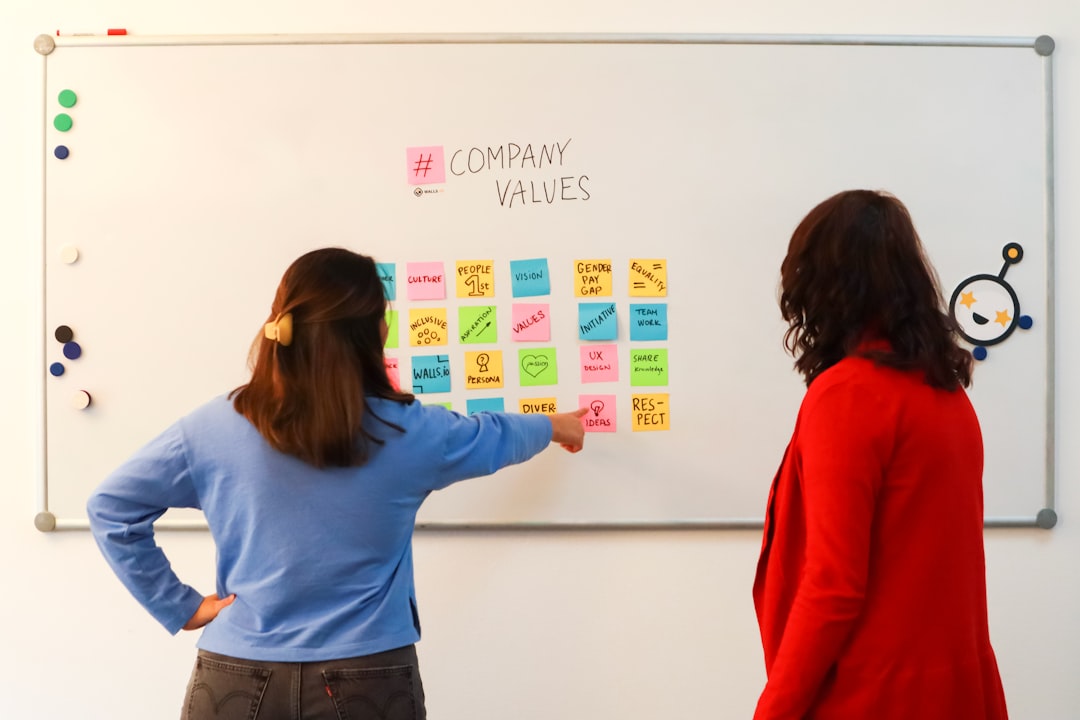Over the past few years, artificial intelligence (AI) has rapidly evolved from a futuristic concept into a tool with real-world applications in almost every major industry. In digital marketing, AI is already playing a central role—from automating tasks to leveraging data analytics for better-targeted campaigns. But with its expanding capabilities, many digital marketers are now asking: Is AI going to take my job?
The Role of AI in Digital Marketing
AI is fundamentally changing how digital marketers work. Tools powered by machine learning and automation can analyze vast datasets in seconds, produce human-like content, run A/B tests, and even launch advertising campaigns without human intervention. This has led to an increase in efficiency and results but has also sparked concerns over job security in the industry.

Automation tools such as chatbots, auto-email responders, and AI-based ad platforms are capable of managing thousands of customer interactions simultaneously. This not only reduces the need for manual labor but also improves response times and customer satisfaction.
Jobs AI Is Changing—Not Replacing
While AI excels at repetitive, data-driven tasks, it still lacks creative intuition and emotional intelligence—two essential elements in digital marketing strategy and branding. Here are a few job functions being changed, rather than replaced:
- Content Creation: AI tools can generate basic content such as headlines, product descriptions, and even full blog posts. However, they often require human editors to ensure relevance, tone, and engagement.
- SEO and Data Analysis: AI accelerates the process of analyzing search trends and website traffic, allowing marketers to focus on strategy rather than spreadsheets.
- Customer Segmentation: AI can identify niche target audiences based on behavior patterns. Still, marketers are needed to interpret this data and build compelling campaigns around it.
Skills That Will Keep You Relevant
To stay competitive and future-proof your career in digital marketing, professionals should focus on skill sets that complement AI rather than compete with it.
- Strategic Thinking: AI can suggest options, but it can’t build a visionary brand or long-term strategy.
- Creativity: Crafting compelling copy, visuals, and narratives still heavily relies on human ingenuity.
- Ethical Oversight: Issues like data privacy, inclusive content, and brand responsibilities need a human touch.
By bolstering these soft and strategic skills, marketers can use AI as a tool rather than viewing it as a threat.

The Future of Human & AI Collaboration
The most likely outcome is not mass unemployment but deeper collaboration between marketers and machines. AI will take over time-consuming tasks, allowing professionals to focus on areas where humans still outperform machines—brand storytelling, campaign strategy, and relationship building.
Companies will increasingly look for marketers who can collaborate with AI, knowing how to manage tools, interpret analytics, and apply insights in a meaningful way.
So, is your job at risk? Not if you’re prepared to evolve with the technology. Those who embrace AI and learn to leverage its capabilities will find themselves in even higher demand. On the other hand, resisting the shift may lead to obsolescence.
Frequently Asked Questions (FAQ)
-
Will AI replace all digital marketing jobs?
No. AI will automate specific tasks, but human oversight, creativity, and critical thinking will still be essential in the digital marketing ecosystem. -
What digital marketing roles are most affected by AI?
Positions involving repetitive or data-heavy tasks, such as basic copywriting, PPC campaign management, or data analytics, are becoming more automated. -
Can I future-proof my marketing career?
Yes. Invest in skills like creative strategy, storytelling, ethical marketing, and AI tool management. Adaptability is key. -
Is learning AI tools necessary for digital marketers today?
Absolutely. Familiarity with AI-based platforms and understanding how to make data-driven decisions will be crucial moving forward.
In conclusion, AI isn’t your competitor; it’s your assistant. Marketers who can adapt, learn, and tap into the power of AI will not only keep their jobs—they’ll thrive.
